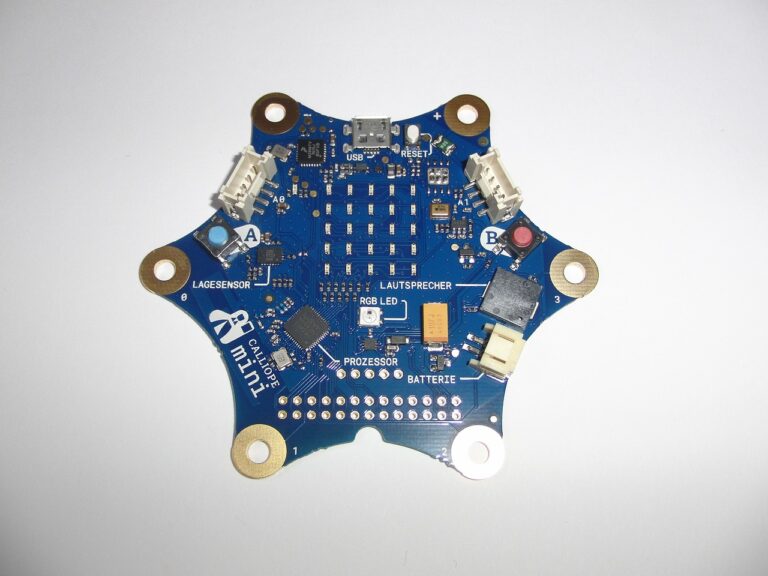Leveraging Technology for Culturally Responsive Professional Learning Communities: My 99 exch, Laser book 247 com registration, Yolo247 club login
my 99 exch, laser book 247 com registration, yolo247 club login: In today’s fast-paced world, technology plays a pivotal role in almost every aspect of our lives. From communication to education, technology has transformed the way we interact and learn. Professional Learning Communities (PLCs) are no exception to this trend. By leveraging technology, educators can create more inclusive and culturally responsive PLCs that cater to the diverse needs of all learners.
Utilizing technology in PLCs can help educators facilitate meaningful discussions, share resources, and collaborate more effectively. With the use of online platforms, educators can connect with colleagues from different backgrounds and perspectives, leading to a more inclusive and culturally responsive learning environment. By incorporating a variety of digital tools such as video conferencing, online forums, and collaborative documents, educators can engage in discussions and share best practices regardless of their geographical location.
Here are some key ways in which technology can enhance culturally responsive PLCs:
1. Virtual Meetings: Technology allows educators to participate in virtual PLC meetings, eliminating barriers such as distance and time constraints. Virtual meetings can bring together educators from different cultural backgrounds, providing opportunities for meaningful discussions and collaboration.
2. Online Resources: Technology provides access to a wealth of online resources that can support culturally responsive teaching practices. Educators can easily share articles, videos, lesson plans, and other resources with their PLC members, fostering a culture of continuous learning and growth.
3. Digital Collaboration: Technology enables educators to collaborate on projects and initiatives in real-time. By using collaborative tools such as Google Docs or Microsoft Teams, educators can work together to develop culturally responsive curricula and strategies that meet the needs of all learners.
4. Professional Development: Technology can be used to provide ongoing professional development opportunities for educators. Online webinars, courses, and workshops can help educators gain new insights and skills to support culturally responsive teaching practices.
5. Data Analysis: Technology can streamline the process of data analysis, enabling educators to track student progress and identify areas for improvement. By using data-driven insights, educators can tailor their teaching practices to better meet the needs of diverse learners.
6. Parent and Community Engagement: Technology can facilitate communication and collaboration with parents and community members. Educators can use platforms such as social media, blogs, and online forums to engage with families and community stakeholders, fostering a sense of inclusivity and cultural responsiveness.
FAQs:
Q: How can technology support culturally responsive teaching practices in PLCs?
A: Technology can support culturally responsive teaching practices by providing access to diverse resources, enabling collaboration among educators from different backgrounds, and facilitating ongoing professional development opportunities.
Q: What are some best practices for leveraging technology in culturally responsive PLCs?
A: Best practices for leveraging technology in culturally responsive PLCs include setting clear goals and objectives, providing ongoing training and support for educators, promoting open communication and collaboration, and utilizing data-driven insights to inform teaching practices.
Q: How can educators ensure that technology is used effectively in culturally responsive PLCs?
A: Educators can ensure that technology is used effectively in culturally responsive PLCs by establishing clear guidelines and expectations, fostering a culture of inclusion and respect, and regularly reflecting on and evaluating the impact of technology on teaching practices and student outcomes.
In conclusion, technology has the potential to enhance culturally responsive professional learning communities by facilitating collaboration, providing access to diverse resources, and promoting ongoing professional development opportunities. By leveraging technology effectively, educators can create inclusive and culturally responsive learning environments that meet the diverse needs of all learners.







